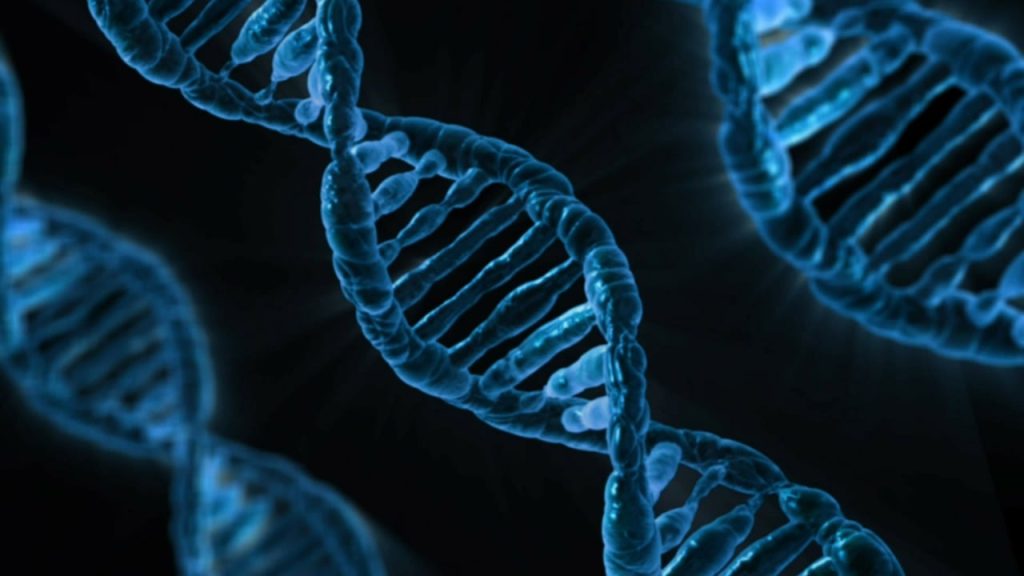Everyone desires a healthy and fit body, yet the path to achieving these aspirations can differ significantly among individuals. This variability is largely due to each person’s unique genetic composition, which influences their response to different exercise regimes.
Your genes play a crucial role in fitness components such as muscular strength, body composition, endurance, and oxygen-carrying capacity. By examining your DNA profile, you can uncover personalized insights that enable you to customize an exercise regimen, maximizing both your health and performance.
Let’s explore how genetic testing can enhance your fitness journey and discover practical ways to optimize your training goals.
The Role of Genetics in Fitness
Understanding your genetic makeup is essential for a comprehensive approach to fitness. Your DNA impacts every aspect of your body, from metabolic rate to recovery efficiency post-exercise. Starting your fitness journey without a grasp of genetic factors is akin to pursuing a goal without a clear plan.
Research by Naureen et al. (2020), published in the National Library of Medicine, reveals that genetic tests can indicate an individual’s inherent fitness capabilities, assisting in the selection of appropriate exercise and training regimes tailored to one’s genetic background.
Additionally, a study by Li et al. (2016) discusses how genetic testing can identify food intolerances that may affect fitness progress.
For instance, if certain foods contribute to weight gain or hinder weight loss, understanding this genetic information allows for informed dietary choices that align with your body’s needs.
By identifying food intolerances through genetic testing, you can eliminate problematic foods, potentially leading to better fitness results.
Companies like GENEFIT provide detailed genetic analysis, offering insights into your athletic potential and nutritional needs. This information can guide adjustments in your routine, such as balancing cardio and weightlifting or avoiding specific foods that may impede progress.
Unlocking Optimal Fitness Through Genetic Testing – How It Helps
Your DNA can reveal much about your body’s reactions to exercise and environmental factors. Here are some health-related insights you can gain from genetic testing:
Understanding Muscle Fatigue
Muscle fatigue after a workout isn’t solely a result of overexertion; genetics also play a significant role. Genetic testing can indicate how your body responds to various exercise types.
This knowledge allows you to select exercises that align with your genetic profile, reducing soreness and preventing long-term fatigue. It also informs you about the frequency and intensity of workouts needed for an effective and sustainable fitness routine.
Tailoring Vitamin Supplementation
Vitamins are vital for optimal bodily function, especially during workouts. However, not everyone requires the same vitamin supplements or dosages. Genetic testing can identify which vitamins your body needs more of and its absorption efficiency.
This enables you to tailor your vitamin intake, enhancing energy levels and improving recovery times after exercise. Understanding your unique vitamin requirements allows you to optimize your diet and supplementation for better performance.
Managing Food Cravings
Food cravings can significantly hinder fitness progress. Many individuals struggle with cravings for foods that do not support their fitness goals. Genetic predisposition plays a crucial role in these cravings.
Through genetic testing, you can uncover the origins of these cravings, empowering you to manage them more effectively. With this insight, you can develop strategies to curb cravings and maintain a diet that supports your fitness objectives.
Identifying Food Intolerances
Unrecognized food intolerances can act as hidden barriers to achieving fitness goals. Symptoms such as lethargy, fatigue, and weight gain may indicate difficulty in digesting specific foods.
Genetic testing can help identify these intolerances, allowing you to eliminate substances that hinder your progress.
Understanding Metabolism Efficiency
Metabolism is the process of converting food into energy within your body. Each individual has a unique resting metabolic rate (RMR), which indicates the number of calories needed to maintain essential functions at rest.
A genetic fitness test can reveal your metabolic efficiency and provide tips for enhancing its performance. For example, some individuals may have a high RMR, necessitating a higher caloric intake.
Understanding your metabolic requirements enables you to adopt practices that optimize metabolism, aiding in weight management and supporting your fitness goals.
Leveraging Genetic Test Results for Success
Once you have the results of your genetic test, the journey continues. It’s about taking actionable steps to make the most of this information.
Apps like GENEFIT not only administer genetic tests but also help simplify your genetic markers to develop a personalized fitness plan.
Implementing Your Plan
After receiving your genetic results, you will receive a tailored diet and fitness plan that aligns with your genetic profile, enhancing your ability to achieve your fitness goals. However, it’s crucial to remain flexible and adapt your lifestyle to this plan.
Reassessment and Adjustment
A few weeks into your new fitness routine, reassessing the effectiveness of your plan is essential. During this time, you can evaluate your progress and determine if the plan suits your needs and lifestyle.
Follow-up consultations with fitness professionals can help review outcomes and make necessary adjustments, ensuring your plan remains effective and aligned with your fitness objectives.
Focusing on Growth
The insights gained from your DNA testing and subsequent evaluations can help you reach new fitness levels as you progress. With professional guidance, you can explore new goals and challenges, pushing your boundaries.
Conclusion: A Personalized Approach to Fitness
Genetic testing offers a clear path to optimizing your fitness journey. By understanding your genetic makeup, you can personalize your diet and exercise routine to meet your body’s specific needs, enhancing your chances of success.
As you evolve and reassess your training program, you will gain deeper insights into what truly works for you. This customized strategy ensures that your efforts yield lasting and meaningful results.
So, if you’re looking to enhance your fitness journey, consider incorporating genetic testing into your approach. By understanding the unique factors that influence your cravings, metabolism, and overall health, you can create a personalized plan that aligns with your goals.
Embrace the opportunity to explore new strategies, remain flexible in your methods, and continually assess and adjust your plan as needed.




